Thanks to everyone who stopped in yesterday. Tristi is a genius when it comes to book launches. I don't know if I could pull something off that big, but I should definitely give it a try.
Lucky for you, the next book in the Alvor series will be released in April, so I'll have lots of time to go crazy in March getting everyone excited about it.
But let's talk writing for a second.
Someone asked me the other day to "write a letter to me for my writers class about things needed to be a writer."
It's such a big question. Is it "things you need to be a professionally published writer" or "things you need to write something, anything"?
Because the two are so different.
To be a writer, all you need is a little imagination, literacy and something to write on and with. That's it.
But to be a professionally published writer, you need that and a whole lot more. There are entire writers conferences that focus on what people need to be professional writers. It can not be covered in a single letter.
Alas, she probably still would like me to write some kind of profound advice. So here's a skeleton list. It does not and can not cover all that is needed to be a professional author, but it's a start.
*Write. The more you write, the better you get at it.
*Use a computer and save everything on a flashdrive, thumbdrive, or whatever computer saving thing you like the most. Don't rely solely on your computer's memory banks. Computers crash.
*Read what you write. Look for spelling, grammar, overused words, adverbs, passive tense, cliche's, inconsistencies in character dialogue, credibility in characters' emotional, physical and verbal reactions and then fix all that stuff.
*Have someone else read your work after you have. Believe them. Honest critique is hard to come by. If someone offers advice, thank them for it and seriously consider using it.
*Read your work again. After everyone else has had their say. After you've fixed it and fixed it and are sick to death of it, give it a little time and REDO you revisions. Trust me, you missed some things.
*If possible, find a fresh person to read through it again. Someone who hasn't already read it. They're likely to find more things for you to look at.
Editing and writing- you can't have one without the other.
Now, the publishing part. Do you want a small press, large press or self-publishing press? If you don't know what that means, you need to find out.
Small press- doesn't cost authors to publish. Small presses don't require agents and submissions are made directly from the author to the publishing house. Small presses have minimal distributing abilities, but are a great way to get a career started in that they are easier to work with, faster and don't require a long drawn-out submission process.
Large press- you're going to need a literary agent. Agents submit your manuscript to editors in big publishing houses. They do all the leg work and they negotiate your contract. Sounds great, doesn't it? It is. But, having an agent doesn't guarantee a quick sell of your manuscript- or a sale at all. And, getting an agent is a demanding project in itself. A few strike gold on their first try, but most people have to learn the ropes of querying to get there.
Large presses have greater distributing power and therefore can afford to offer authors advances (money before your book actually hits the shelves). Big houses take more time, about two years, to get books out on the shelves. Their editing and marketing departments are superior and they will help you get your book to be as good as it can get.
Self-publishing- Costs writer money to publish. There is limited distributing power and no editing offered for free. Marketing is up to the writer. No need for acceptance from an editor or an agent. Anyone can self-publish. This is for writers who want to see their work become books no matter what or for those who have a niche that is very specific.
Besides traveling the long road of publishing, a writer needs to be able to market. This is the last thing, the most overlooked aspect of being a writer. But it is vital to selling books.
I'm going to leave it at that today. Besides the basic traits of patience, persistence and hard work, there is no magic when it comes to publishing. The magic is in the story itself. All stories seem to come to life as they are written and it's an incredible process to be a part of.
Everyone Is Lying by Jo Piazza
5 hours ago
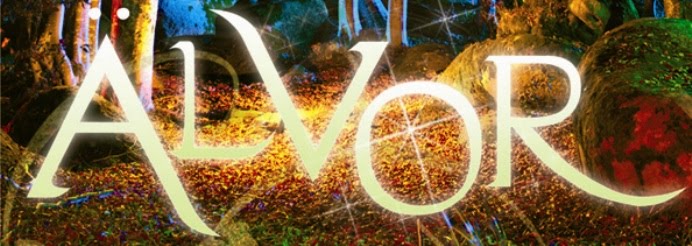





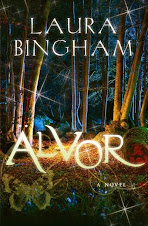



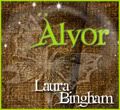


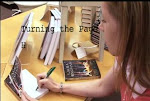


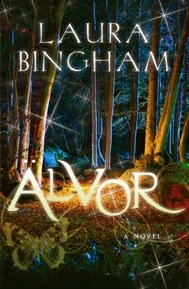


2 comments:
I truly wish this had been written when I was first starting out. It's such a great, succinct explanation. Thank you, Laura! You're awesome!
Nice clear post!
Post a Comment